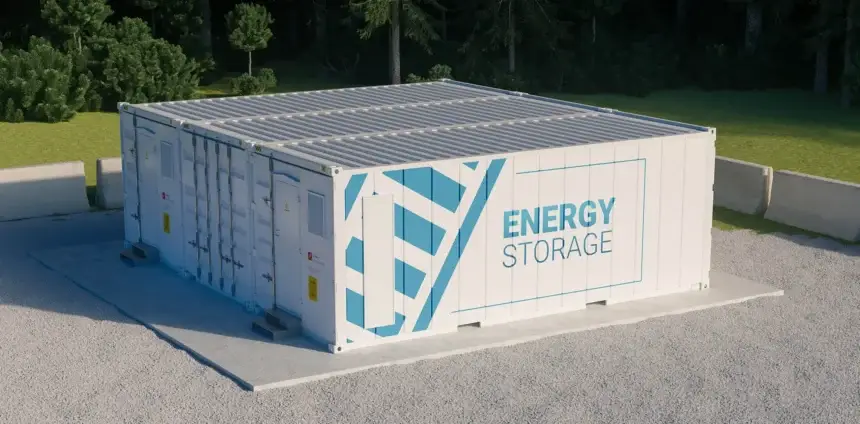Bengaluru, June 27, 2025 – Karnataka’s Energy Minister K. J. George unveiled a transformative mandate: every new solar power installation in the state must include at least two hours of co-located battery energy storage (BESS). The announcement coincided with the unveiling of Pace Digitek’s 5 GWh BESS plant at Bidadi, an inaugural step toward bolstering evening electricity supply, grid resilience, and the flattening of peak demand curves.
Why This Mandate Matters
With renewables, particularly solar and wind, contributing over 65% of Karnataka’s electricity generation, the intermittency of these sources poses challenges, especially during low-generation evening hours. By ensuring a minimum of two hours of storage, Karnataka seeks to:
- Capture surplus daytime solar energy and redistribute it during peak evening demand.
- Enhance grid stability and reliability.
- Facilitate a smoother, more predictable transition to renewables.
“The solar power generated during the day must be stored for use at night.” (Minister George)
Historical Context: When Was Storage First Mandated?
This mandate builds upon national policy foundations established earlier this year:
- In February 2025, India’s Ministry of Power amended its renewable energy tender guidelines to require a minimum two‑hour co-located storage (approximately 10% of solar capacity) in all new solar tenders nationwide. The target: deploying roughly 14 GW/28 GWh of storage by 2030.
Karnataka’s directive, however, enforces this requirement at the state level for every solar installation, public or private—moving beyond central tender-based mandates. It signals both policy maturation and ambitious state-level climate strategy.
A Glimpse at Karnataka’s Energy-Storage Roadmap
The government is launching ambitious projects to scale storage capacity across the power landscape:
- Sharavathi Pumped Storage Plant: 2 GW project already receiving central approval.
- Planned additions: Varahi (1.5 GW), Pavagada (10 00 MW), and Rapte (2 GW of battery storage).
- The recent tender for a 250 MW solar project paired with 1,100 MWh BESS at Rapte demonstrates early implementation of the two-hour storage mandate
With India’s central guidelines laying the foundation in February 2025, Karnataka has taken a decisive step by embedding the two‑hour co-located BESS requirement into its solar project policy ecosystem. This extends the national vision with local mandate—and the launch of a 5 GWh storage facility spotlights the state’s resolve. As Karnataka charts a course toward a reliable renewable future, it could well lead a transformational trend across India’s energy sector.



















